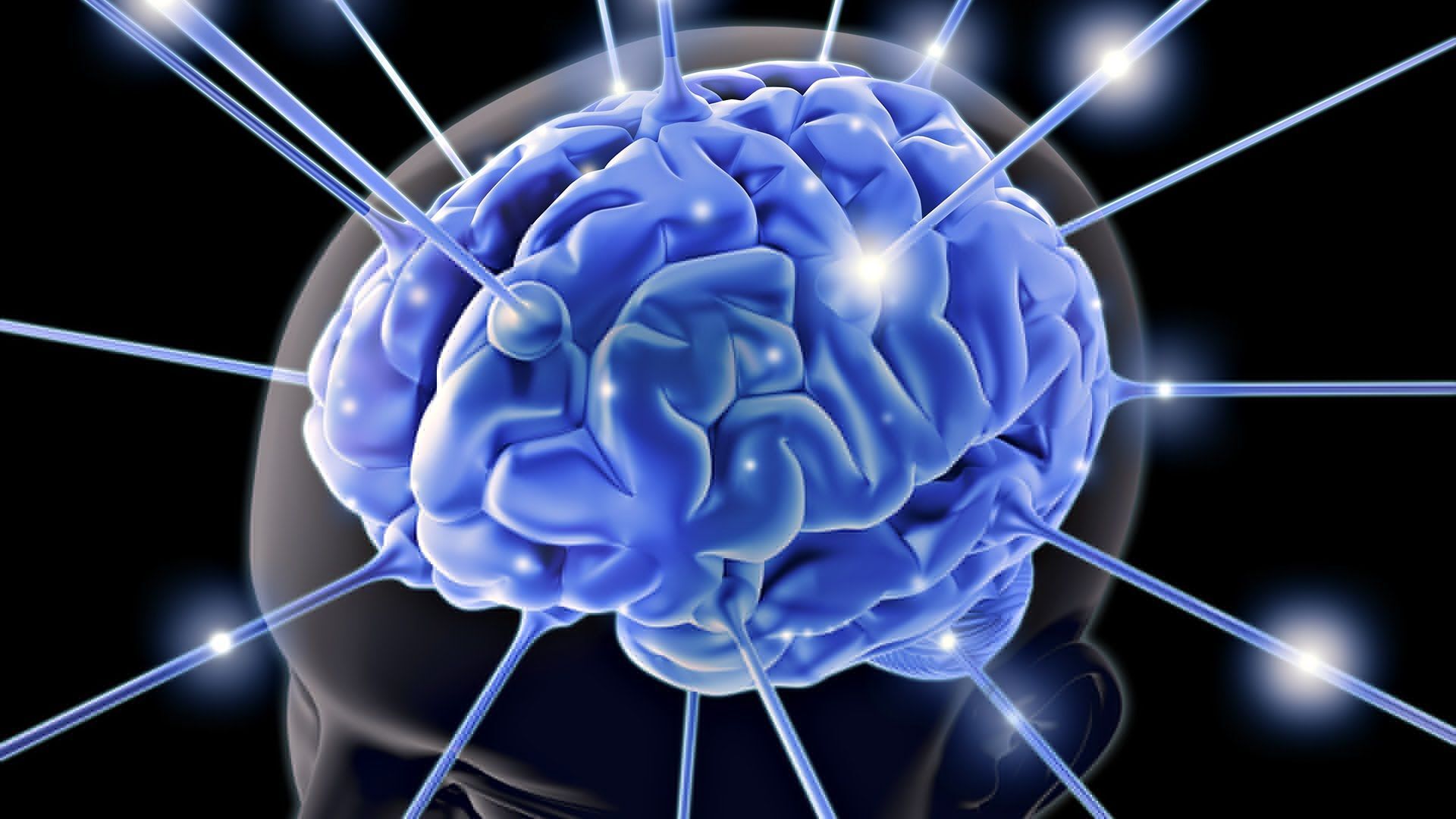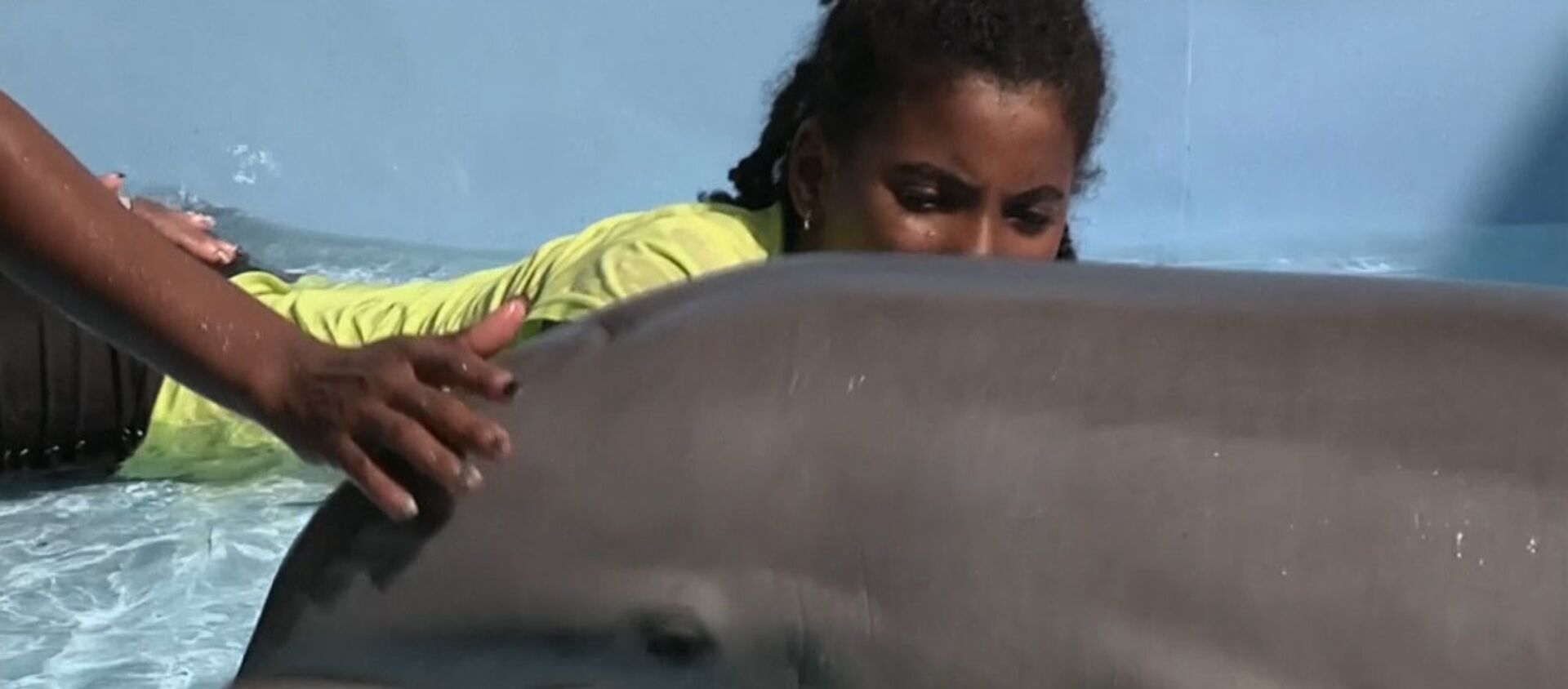https://sputnikglobe.com/20210804/indian-researchers-develop-human-based-models-to-study-neurodevelopmental-disorders-like-autism-1083522345.html
Indian Researchers Develop Human-Based Models to Study Neurodevelopmental Disorders Like Autism
Indian Researchers Develop Human-Based Models to Study Neurodevelopmental Disorders Like Autism
Sputnik International
Autism includes a broad range of conditions that inhibits the patient's social skills, repetitive behaviours, speech, and nonverbal communication. This... 04.08.2021, Sputnik International
2021-08-04T08:45+0000
2021-08-04T08:45+0000
2022-07-19T10:38+0000
newsfeed
world
autism
human brain
https://cdn1.img.sputnikglobe.com/img/07e5/06/0a/1083119344_0:0:1920:1080_1920x0_80_0_0_949b393ea2793f06aad2e9a0570e7949.jpg
Indian scientists have developed human-based models to study neuron development in the human brain.Lead scientist Dr. Yogita K Adlakha says that the models can help develop treatments for neurodegenerative diseases and autism, and improve the understanding of neuroscience and stem cell research. Medical researchers across the globe have been using animal models for decades to understand brain-related disorders, while the drugs used in such clinical trails have so far failed. However, Dr. Adlakha has been focussing on her human-based stem cell model to study brain development and dysfunction at the National Brain Research Centre, Manesar in India's Haryana state.For the first time, her team established a protocol by generating and producing induced pluripotent stem cells (iPSCs) from human peripheral blood. The team has also refined the strategy for the differentiation of iPSCs into neural stem cells (NSCs).The study also revealed that a decrease in the proliferative capacity of NSCs with age leads to a compromised regenerative ability of the human brain.
https://sputnikglobe.com/20210329/autism-more-common-than-previously-believed-and-higher-among-ethnic-minorities-1082481606.html
Sputnik International
feedback@sputniknews.com
+74956456601
MIA „Rossiya Segodnya“
2021
Sushmita Panda
https://cdn1.img.sputnikglobe.com/img/07e5/05/12/1082926186_0:0:2048:2048_100x100_80_0_0_4474d0d7e27a36878eb8727832be74b4.jpg
Sushmita Panda
https://cdn1.img.sputnikglobe.com/img/07e5/05/12/1082926186_0:0:2048:2048_100x100_80_0_0_4474d0d7e27a36878eb8727832be74b4.jpg
News
en_EN
Sputnik International
feedback@sputniknews.com
+74956456601
MIA „Rossiya Segodnya“
Sputnik International
feedback@sputniknews.com
+74956456601
MIA „Rossiya Segodnya“
Sushmita Panda
https://cdn1.img.sputnikglobe.com/img/07e5/05/12/1082926186_0:0:2048:2048_100x100_80_0_0_4474d0d7e27a36878eb8727832be74b4.jpg
newsfeed, autism, human brain
newsfeed, autism, human brain
Indian Researchers Develop Human-Based Models to Study Neurodevelopmental Disorders Like Autism
08:45 GMT 04.08.2021 (Updated: 10:38 GMT 19.07.2022) Autism includes a broad range of conditions that inhibits the patient's social skills, repetitive behaviours, speech, and nonverbal communication. This incurable condition influences the nervous system and affects the overall cognitive, emotional, social, and physical health of the affected individual.
Indian scientists have developed human-based models to study neuron development in the human brain.
Lead scientist Dr. Yogita K Adlakha says that the models can help develop treatments for neurodegenerative diseases and autism, and improve the understanding of neuroscience and stem cell research.
Medical researchers across the globe have been using animal models for decades to understand brain-related disorders, while the drugs used in such clinical trails have so far failed. However, Dr. Adlakha has been focussing on her human-based stem cell model to study brain development and dysfunction at the National Brain Research Centre, Manesar in India's Haryana state.
For the first time, her team established a protocol by generating and producing induced pluripotent stem cells (iPSCs) from human peripheral blood. The team has also refined the strategy for the differentiation of iPSCs into neural stem cells (NSCs).
"Study provides the first evidence that a brain enriched miRNA-137 induces neuronal differentiation and inhibits proliferation using human neural stem cells derived from induced pluripotent stem cells. During the study, it was observed that miRNA-137 not only accelerates mitochondrial (powerhouse) biogenesis but also induces oxidative phosphorylation, generating ATP or energy currency of the cell. This resulted in increased mitochondrial content, which is actually necessary for the newly born neurons," India's Science and Technology Ministry said in a press statement on Wednesday.
The study also revealed that a decrease in the proliferative capacity of NSCs with age leads to a compromised regenerative ability of the
human brain.





